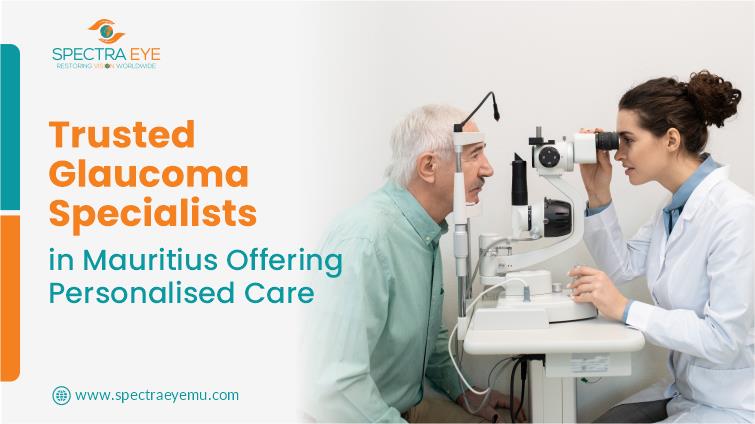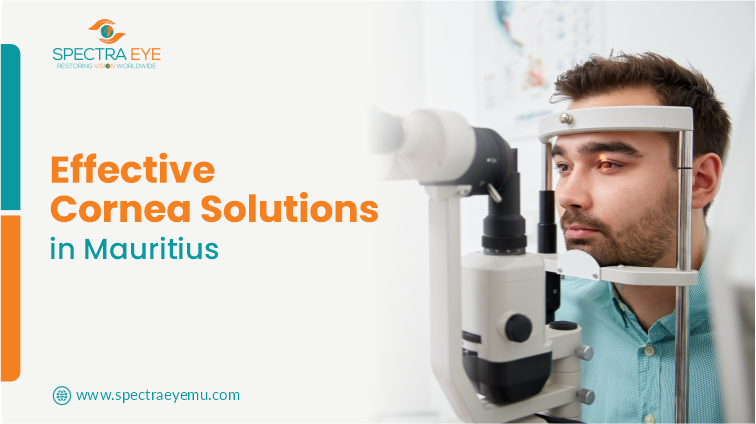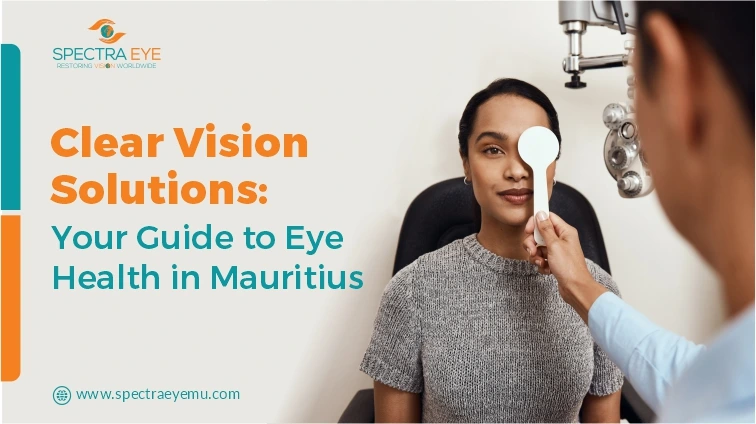Blogs

All You Need To Know About Age-Related Macular Degeneration
Age Related Macular Degeneration (AMD) is a prevalent eye condition that slowly impairs central vision, and impacting daily tasks like reading and driving. With its prevalence rising worldwide, understanding its implications is crucial. From subtle blurriness to significant vision loss, age related macular degeneration poses a risk to people as they age. This blog delves into the intricacies of AMD, exploring its causes, symptoms, and management strategies, aiming to raise awareness about this increasingly prevalent condition.
What Exactly Is Age Related Macular Degeneration?
Age Related Macular Degeneration (AMD) is a progressive eye condition affecting the macula, crucial for sharp vision. It typically occurs in older adults, leading to central vision loss, making tasks like reading and driving challenging. AMD can be categorized into dry and wet forms, each with distinct characteristics and treatment approaches. Understanding this condition is essential for timely intervention and management.
Signs of Macular Degeneration
Here are some common signs of macular degeneration, which might help you recognize AMD at an early stage:
- Distorted Vision: Straight lines may appear bent or wavy, indicating potential macular damage.
- Dark Spots: Presence of dark spots in central vision, impairing clear sight and suggesting macular degeneration.
- Difficulty Seeing Details: Struggling to perceive fine details or small print, indicating potential macular degeneration.
- Reduced Color Perception: Difficulty distinguishing colors or noticing changes in hue, potentially signaling macular degeneration.
- Visual Distortion: Objects may appear misshapen or distorted, particularly in the central field of vision, indicating possible macular degeneration.
- Blurred Vision: Objects may appear fuzzy or unclear, one of the common initial signs of macular degeneration.
Causes of Age Related Macular Degeneration
- Age: Advanced age is a primary risk factor for developing age related macular degeneration.
- Genetics: Family history plays a significant role in predisposing individuals to AMD.
- Smoking: Tobacco use increases the risk of AMD progression.
- Poor Diet: Lack of nutrients like vitamins C, E, and zinc may contribute to AMD development.
- Sun Exposure: Prolonged exposure to UV light without protection can heighten the risk of AMD.
- Cardiovascular Disease: Conditions like hypertension and high cholesterol may increase the likelihood of developing AMD.
Types of Macular Degeneration
Here are two common types of macular degeneration:
- Dry Macular Degeneration: Also known as atrophic AMD, it occurs when the macula thins over time and small clumps of protein (drusen) form.
- Wet Macular Degeneration: Also called neovascular AMD, it involves abnormal blood vessel growth under the retina, leading to leakage of fluid and blood.
Difference Between Wet and Dry Macular Degeneration
Here are some difference between wet and dry macular degeneration, which might help you understand both types:
Wet Macular Degeneration:
- Blood vessels leak under retina.
- Rapid vision loss is possible without treatment.
- Visual distortion is often more pronounced.
Dry Macular Degeneration:
- Gradual deterioration of the macula over time.
- Drusen deposits under the retina accumulate.
- Vision loss typically progresses slowly.
Treatment Options For Age Related Macular Degeneration
Here are some common treatment options that are available for age related macular degeneration:
- Medications: Anti-VEGF drugs slow AMD progression by blocking abnormal blood vessel growth.
- Laser Therapy: Laser treatment can seal leaking blood vessels in wet AMD, reducing the risk of further vision loss.
- Photodynamic Therapy: A light-sensitive drug is injected and activated by laser to destroy abnormal blood vessels.
- Vitamin Supplements: High-dose vitamins and minerals like zinc and antioxidants may slow AMD progression in some cases.
- Surgery: In advanced cases, surgical interventions like retinal translocation or macular translocation may be necessary to restore vision.
At Spectra Eye Care, individuals can access advanced retina eye surgery in Mauritius, which ensuring optimal vision and eye health.
Conclusion
Age related macular degeneration can drastically affect quality of life. However, timely detection and intervention can safeguard vision and curb progression. Any vision changes warrant a visit to an eye care professional for a thorough exam. By familiarizing yourself with AMD signs, types, treatments, and causes, you empower yourself to preserve vision and independence as you age. If you're concerned about age related macular degeneration, then feel free to consult with the best ophthalmologists in Mauritius at Spectra Eye Care.



